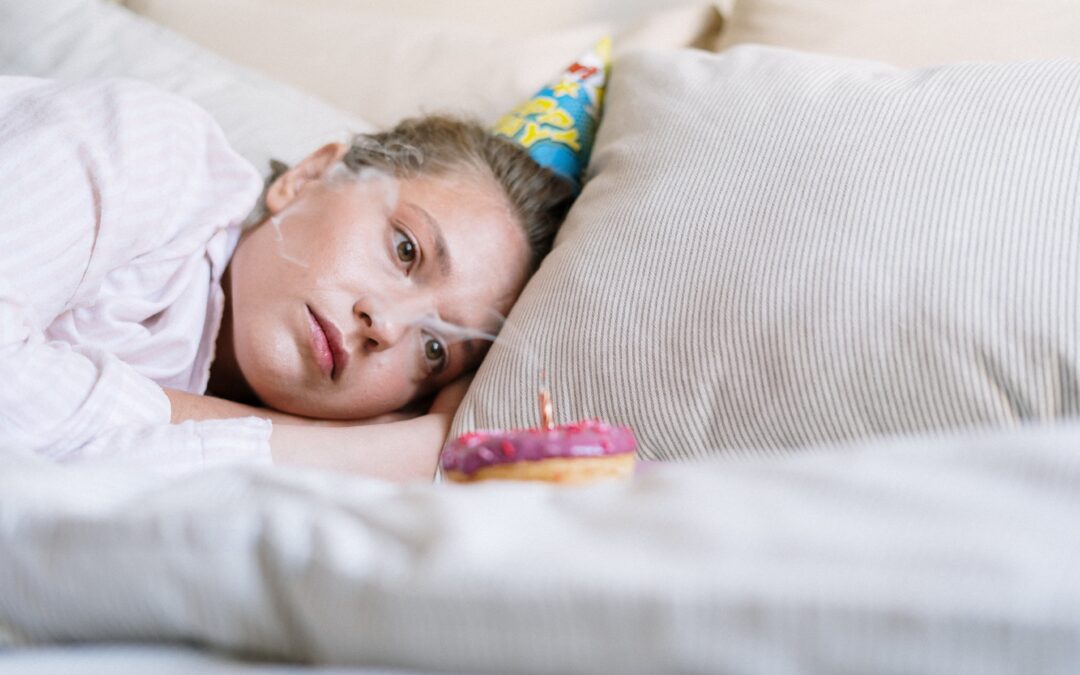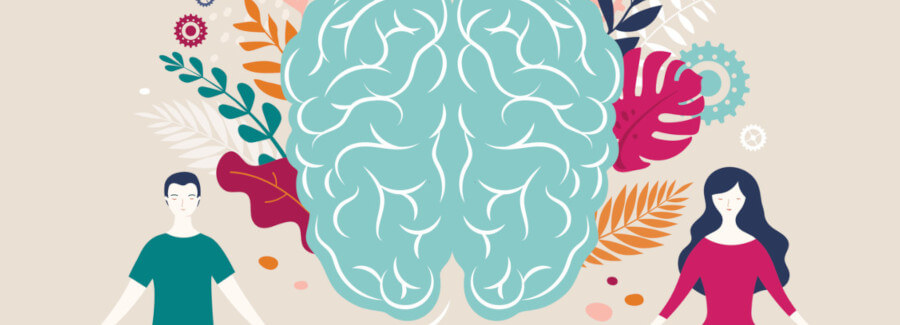How To Recognize & Help Someone with Hidden Depression
Hidden Depression isn’t always obvious and some people walk through life hiding their depression, masking their symptoms and putting on a “happy face” for most others. A person with hidden depression may seem happy with their professional life and personal relationships, and from an outwardly appearance all appear fine. However though people with hidden depression can manage their routine day-to-day activities just fine, privately they are struggling with a serious mood disorder. Commonly inwardly, in those quiet spaces that aren’t openly shared, their depression symptoms are affecting their feelings, thoughts, and even their physical health.
Though not a medical diagnosis, “hidden depression” a is term mental health professionals use to describe people with a depressive disorder who hide their symptoms from others. There’s a good chance someone you care about is experiencing symptoms of hidden depression — even if they don’t show it.
People experiencing hidden depression commonly don’t want to acknowledge the severity of their dark and somber feelings. They convince themselves that if they just continue pressing through life, the depression will vanish on its own. While possible, the truth is for most people not treating their personal wellness only drags out the dark feelings and the symptoms do not fade with time.
Hidden depression is actually a common and entirely treatable mood disorder that can affect people of all ages and walks of life, but sometimes is hard to identify. Hidden depression shows differently in men, women and children and not two people with depression will have identical experiences. Coupled with this is the reality that concealing one’s true feelings is the way many of us were brought up — we don’t talk about our feelings and we don’t burden others with our troubles. However if a family member or friend is going through something like this — trying to mask or hide their depression — these signs may help you discover what they’re trying to keep concealed.
People may try to hide their depression behind a smile for several reasons including:
- they have concern over what others may think
- they’re reluctant to do what they see as “burden” others
- they’re concerned it may cost them their job
- they think they may be able to ‘wish’ depression away pretending to be happy
- they may have no awareness of their symptoms
- they do not know where or how to take a first step in getting better
Symptoms of hidden depression can develop gradually over days or weeks and can vary greatly from person to person. These symptoms may include:
- depressed mood
- fatigue, lack of energy, or exhaustion
- bouts of irritability or mood swings
- anxiety or tendency to worry
- repeating thoughts of suicide and or death
- feelings of worthlessness, guilt, or hopelessness
- obsessive ruminations or intrusive thoughts
- loss of interest in pleasurable activities
- changes in appetite or weight
- avoidance of social interactions or events
- difficulty with concentration or making decisions
- sleep problems
How to Help Someone with Hidden Depression Symptoms
An often effective first step treatment for symptoms of hidden depression can be talk therapy. The first thing is to encourage the person with hidden depression to have a ‘discovery session’ with a mental health professional, like those here at Rhapsody Counseling. The discovery session allows for an initial conversation to learn who you are, your values, goals, and how we can work towards those goals together. There’s no obligation to continue after the conversation; the call is merely a starting point to see if we, Rhapsody Counseling, can be helpful.
Other ways to help include:
- going with the person to a wellness appointment or helping arrange their transport
- offering nonjudgmental acceptance, support, and encouragement
- never downplay comments suggestive of suicide, but instead offer help and support in contacting a mental health professional
- offering childcare services, bringing the person a meal or helping clean their house, or offering them company
- watching for changes in behavior or routines.
If someone with hidden depression or any depression cancels plans or does not answer their phone, it is important to reach out to them. It is helpful to let a person with hidden depression stay mindful they are not alone, that treatment works, and with healthcare support and time, they will get better. For a deeper dive into understanding depression and how we can help, click here.











